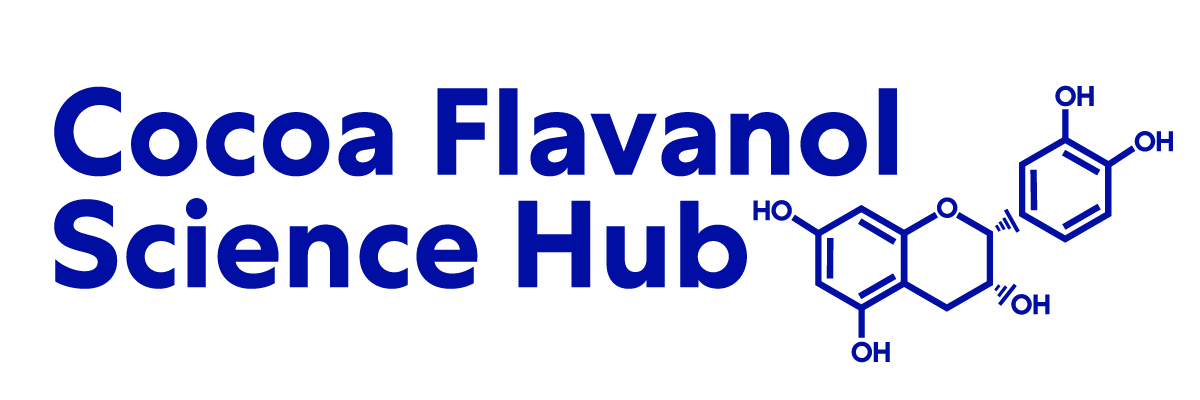Cocoa flavanol intake improves endothelial function and Framingham Risk Score in healthy men and women: a randomised, controlled, double-masked trial: the Flaviola Health Study
Cocoa flavanol (CF) intake improves endothelial function in patients with cardiovascular risk factors and disease. We investigated the effects of CF on surrogate markers of cardiovascular health in low risk, healthy, middle-aged individuals without history, signs or symptoms of CVD. In a 1-month, open-label, one-armed pilot study, bi-daily ingestion of 450 mg of CF led to a time-dependent increase in endothelial function (measured as flow-mediated vasodilation (FMD)) that plateaued after 2 weeks. Subsequently, in a randomised, controlled, double-masked, parallel-group dietary intervention trial (Clinicaltrials.gov: NCT01799005), 100 healthy, middle-aged (35–60 years) men and women consumed either the CF-containing drink (450 mg) or a nutrient-matched CF-free control bi-daily for 1 month. The primary end point was FMD. Secondary end points included plasma lipids and blood pressure, thus enabling the calculation of Framingham Risk Scores and pulse wave velocity. At 1 month, CF increased FMD over control by 1·2 % (95 % CI 1·0, 1·4 %). CF decreased systolic and diastolic blood pressure by 4·4 mmHg (95 % CI 7·9, 0·9 mmHg) and 3·9 mmHg (95 % CI 6·7, 0·9 mmHg), pulse wave velocity by 0·4 m/s (95 % CI 0·8, 0·04 m/s), total cholesterol by 0·20mmol/l (95% CI 0·39, 0·01mmol/l) and LDL-cholesterol by 0·17mmol/l (95% CI 0·32, 0·02mmol/l), whereas HDL- cholesterol increased by 0·10 mmol/l (95 % CI 0·04, 0·17 mmol/l). By applying the Framingham Risk Score, CF predicted a significant lowering of 10-year risk for CHD, myocardial infarction, CVD, death from CHD and CVD. In healthy individuals, regular CF intake improved accredited cardiovascular surrogates of cardiovascular risk, demonstrating that dietary flavanols have the potential to maintain cardiovascular health even in low-risk subjects.
See the Full Study > (opens in a new tab)









